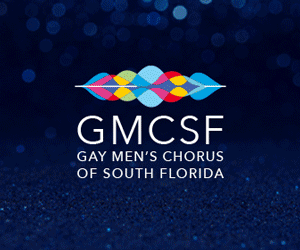
Meet queer Middle Eastern drag queen Amrou Al-Kadhi
From a God-fearing Muslim boy to a vocal, queer drag queen estranged from their family, Amrou Al-Kadhi debuts their heartbreaking and hilarious memoir, Life As A Unicorn: A Journey from Shame to Pride to Everything.
Amrou Al-Kadhi began life as a God-fearing Muslim boy. Their life took them on a journey that led them to become an acclaimed writer and the queer drag performer named Glamrou. Their book Life As A Unicorn: A Journey from Shame to Pride to Everything in Between (HarperCollins), recently debuted in the US after previously being published in their native England in 2019. The book has earned the first Polari Book Prize and the Somerset Maugham Award in the UK since its release.
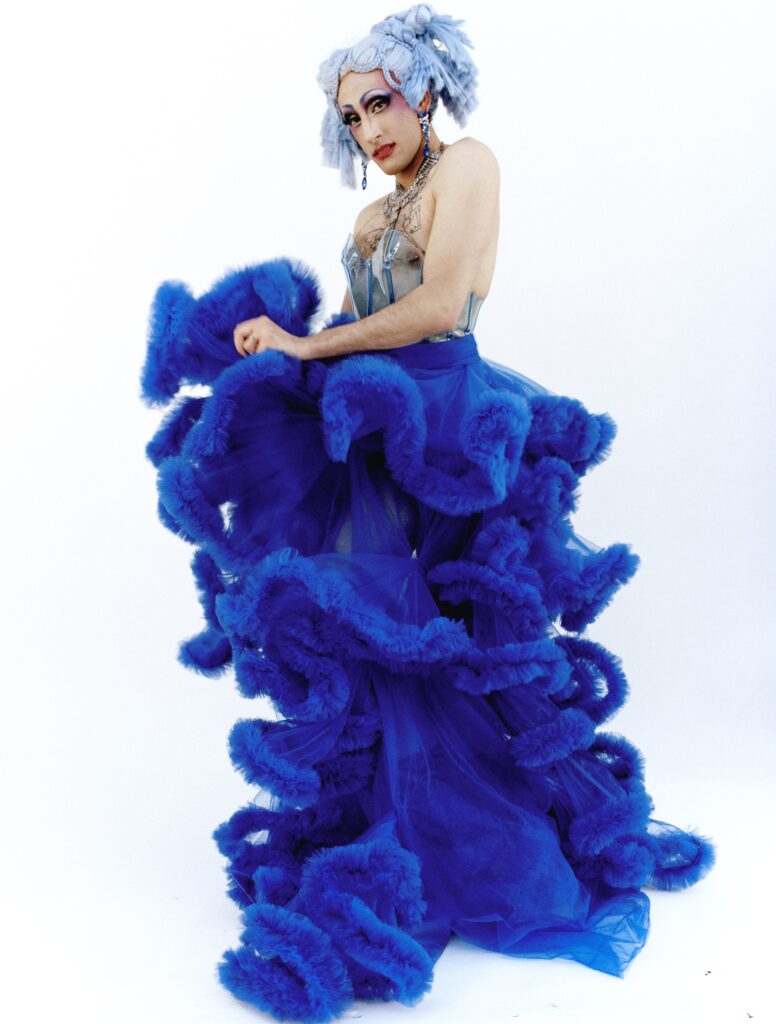
The book chronicles Al-Kadhi’s strict Iraqi Muslim upbringing in Bahrain, Dubai and London and their struggle to find peace and acceptance within the culture they were born into despite being noticeably different. It goes into detail about their strained relationship with their family and Islam and how the transformative power of drag helped to heal all that. Drag ultimately led them to their drag persona, Glamrou, who is empowered, fearless and acerbic, wears seven-inch heels and says things that nobody else dares to.
We recently had the chance to sit down with Al-Kadhi to discuss their book, the upcoming series based on it and lack of queer Middle Eastern representation in the media.

Queer Forty (Q40): Hi Amrou! You and your book are so unique and fascinating. Can you tell me a bit about it and what readers can expect?
Amrou Al-Kadhi: The book is a memoir that explores someone who has contradictory identities in competition with each other. The journey of the book is very much a lifelong quest to search for belonging but failing to find it in all different kinds of spaces, whether its in Islam class back in the Arab world, or coming to the UK and trying to fit into British aristocracy, trying to fit into what was a predominately white drag scene when I started doing drag in the UK, but ultimately trying to find a way to bring all those competing parts of my identity together. And I explore how drag was the way that I did it. It’s also a meditation on Islam, and whether there’s any queer potential there. It’s a lot about my mother who is a very complicated figure, kind of like a drag queen herself, even though she doesn’t really like drag. I wanted to write something magic that revels in the sort of complexity and contradiction and intersection of identity and the way that it isn’t all clear and show how complex and chaotic it all is.
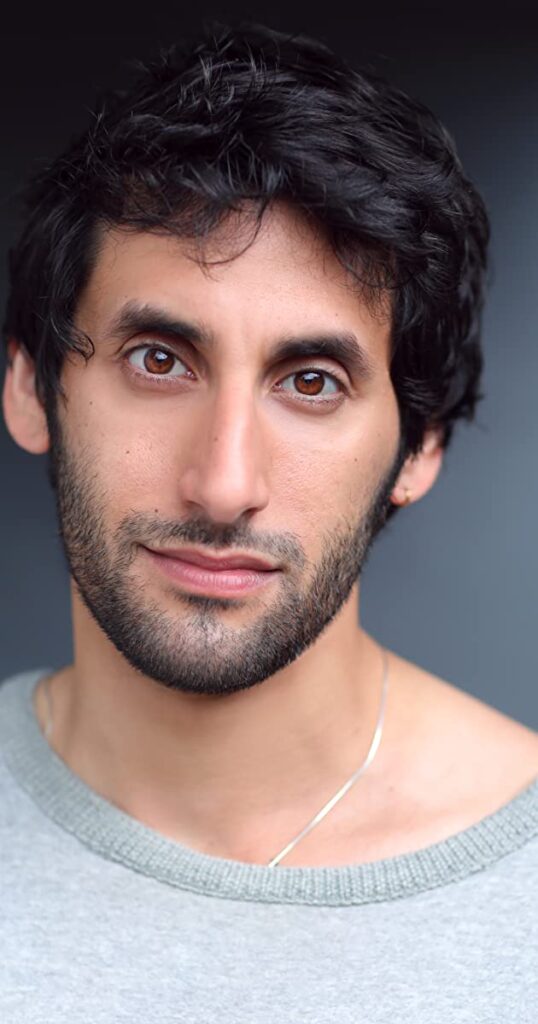
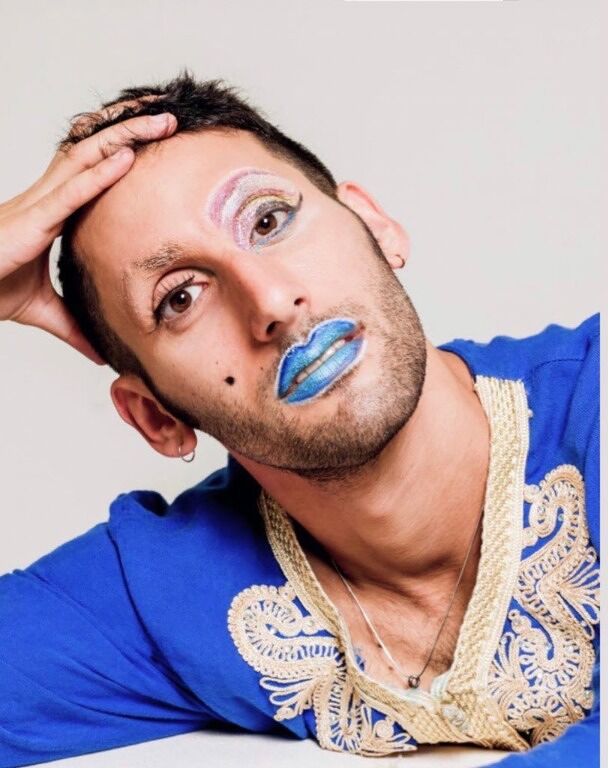
Q40: Your story is so completely one of kind and yet completely relatable too. Identity is definitely a lifelong journey filled with chaos for many of us. When did you discover drag?
Amrou: Back in the Middle East the genders were really segregated between male and female, like all of the men would be in the mosque together, and all the women would be in the mosque together. I always gravitated towards the feminine aspects of my culture, though I wasn’t allowed to go near them. So even though there wasn’t drag per se, even as a kid I realized I had this sort of deep obsession with femininity.
I remember seeing drag queens for the first time while I was in a pantomime, a kind of Christmas play, when I was nine years old, and I remember being really fascinated. However, the first time I was able to do drag was when I was 19 and I was at university. I was no longer living with my parents, and I had the safety and the freedom to fully do it. I was just so deeply obsessed with femininity and my mom and wanting to essentially dress like her that the second I was able to at university, I just went for it!
Q40: So would you say that the Middle Eastern women, your mom and your culture inform your drag aesthetic?
Amrou: Yeah, well… now it does. It took me a while to arrive at that conclusion because when I initially started doing drag, I really had quite an antagonistic relationship to my heritage and my faith. I felt they were so incompatible with my sexuality, and I felt quite a lot of exclusion.
Initially when I started doing drag, I was mostly dressing up like women I saw in Western magazines …like Lady Gaga, white artists… that kind of stuff because I thought of my queer drag identity as being the total opposite of my heritage. As my drag evolved and I reconnected with my family and my heritage, I made peace with a lot of the stuff in my past. I started to realize I was drawn to these women that reminded me of my mom…so I think now, yes, my drag is very much dedicated to the women that I was in love with growing up and it actually helps me hold onto my heritage in a really queer way.
Q40: Have you reconciled with your family and Islam? Where do you stand with it all?
Amrou: I’m a realist about it all. I mean I’m not a practicing Muslim. …There’s a lot in the Quran that I deeply disagree with but there are some bits that are really fantastic. There’s a lot about generosity and compassion, at least in part of it.
I treat the Quran and Islam the same way I think about my relationship with my family, it’s not perfect. I can’t throw all of it away and so I kind of cherry pick the good stuff for me. I’m doing a drag show that I’ve been touring with in LA and that I’ll be performing in NY at the end of the month which is all about that. It’s about the relationship between me and God and Allah and sometimes I sing him love songs, sometimes I sing him hate songs, sometimes I want to break up with him, sometimes I want to get with him. I just think it’s more honest to realize that there will always be a bit of me that has a relationship with Allah and sometimes it’s bad, sometimes it’s good and that kind of grey area is the truth of most things in life.

Q40: That sounds so intriguing! And scandalous! What’s the name of the show and when/ where is it playing?
Amrou: It’s called Glamrou in America. We just changed it from Glamrou: From Quran to Queen because we got some angry messages. I’m at The Dynasty Typewriter in Los Angeles on July 21 and Joe’s Pub in New York City on July 26.
Q40: Fabulous! I’ll have to check the show out when it gets to New York!
Getting back to the book, I read that they are developing it into a series. Is there anything you can tell us about that or when we can expect to see it?
Amrou: You never know with tv because it can just take so long but it’s with Universal Studios and we’re quite far into development. My hope is that it will be available to audiences late next year!
Q40: I am so excited to hear that. A dear friend of mine from Kuwait had a really rough time with his family coming out and I know having a show like this available to him would have meant so much to him. Representation is so important, especially queer, Middle Eastern representation which is pretty scarce. I think the show is going to occupy an important space for many people.
Amrou: I mean this show is going to be pretty funny and I hope it breaks new ground. We’ve been working on it for a few years now and I think it’s time for a show like this to come out. My memoirs have been out for two or three years but I think with the direction that America is going in, we need more content like this.
Q40: You’re absolutely right about that. Well, Amrou, thank you so much for your time. I am thrilled about all the amazing work you’re doing. Good luck with everything!
Amrou: Thank you so much!
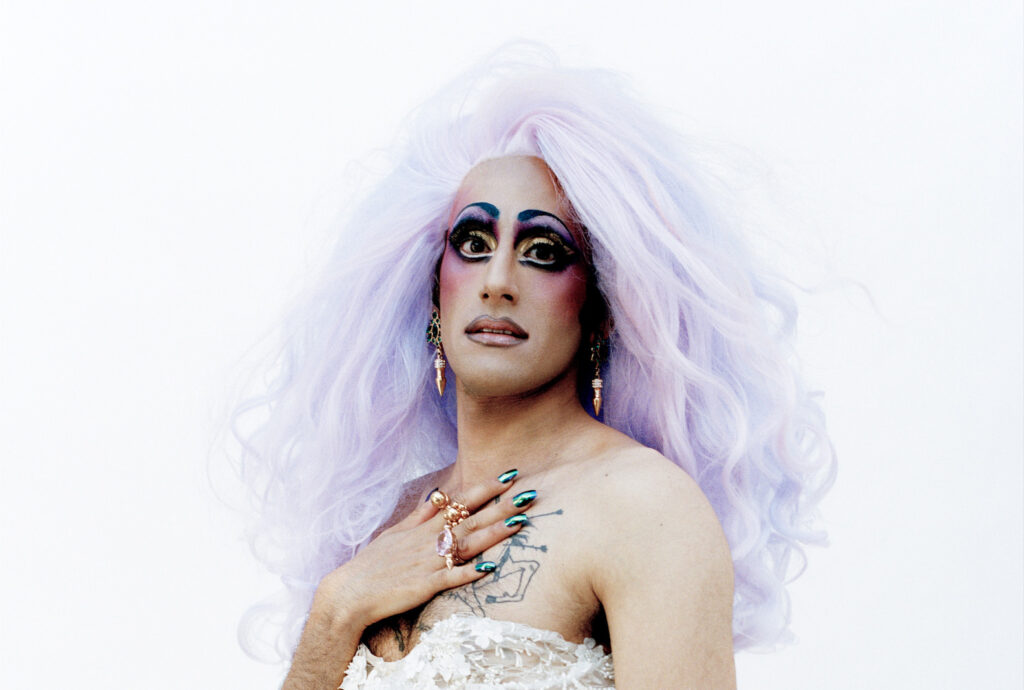
Get your copy of Amrou Al-Kadhi’s Life As A Unicorn: A Journey from Shame to Pride to Everything in Between here.








